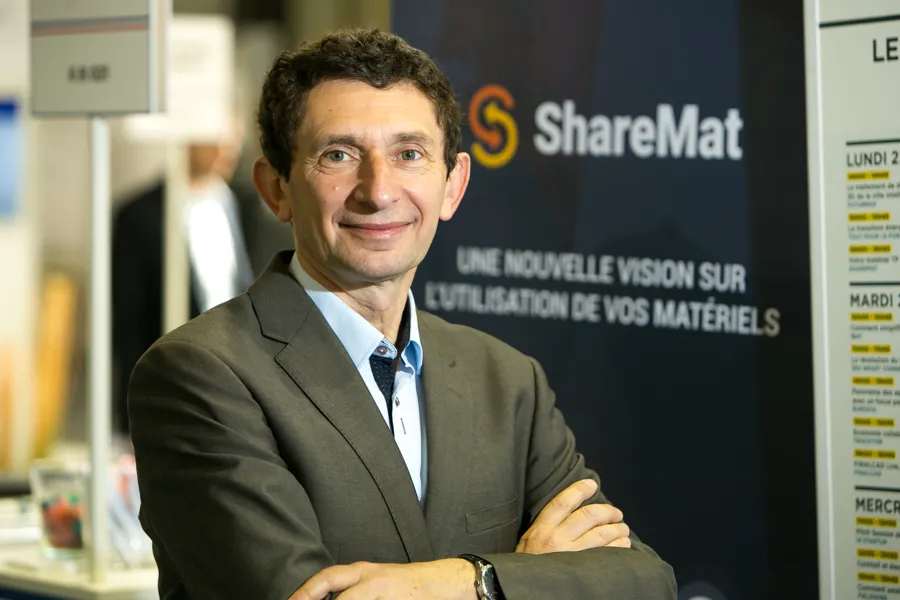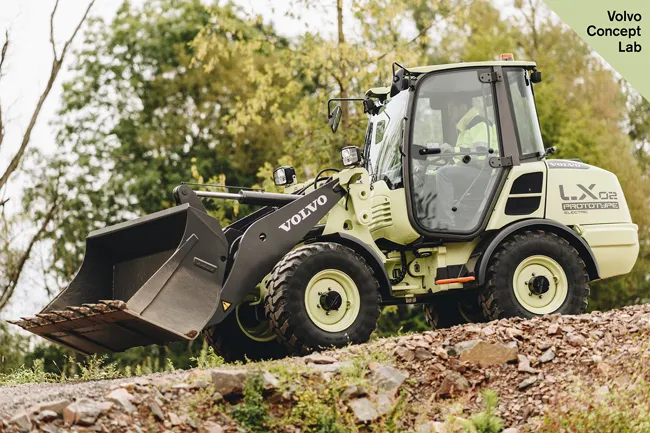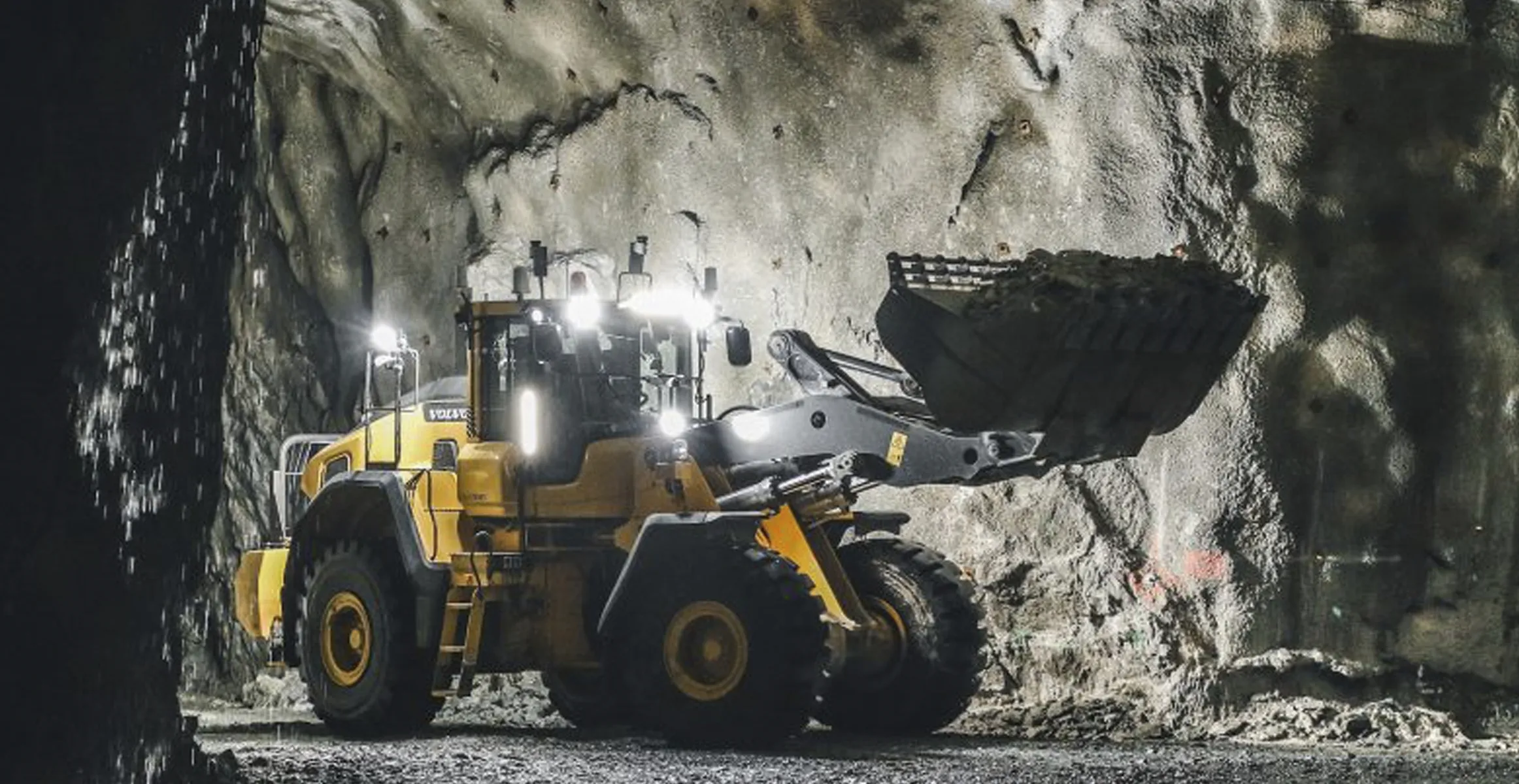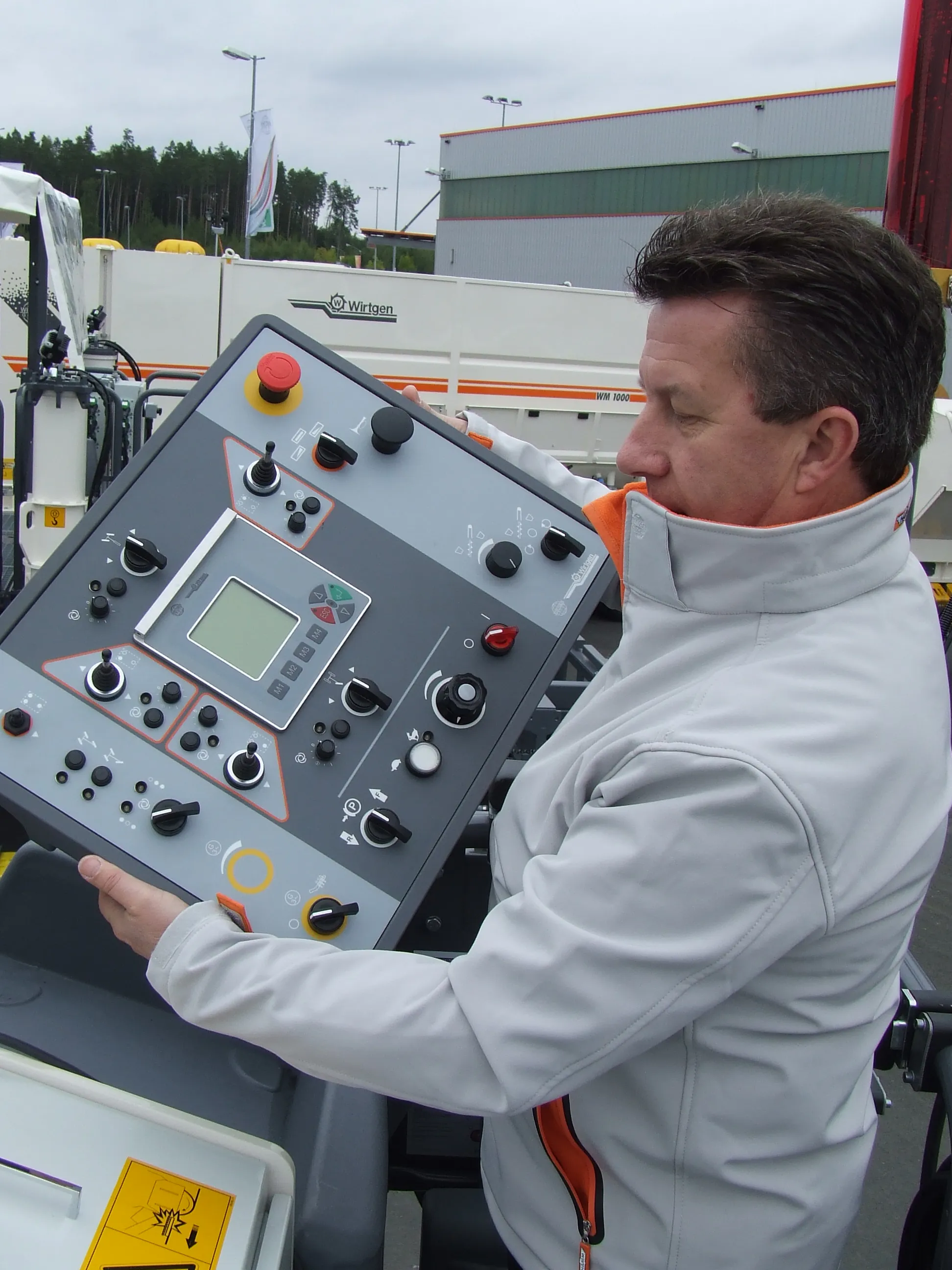
ShareMat already offers ShareMat Fleet – a fleet management system that employs its device. More than 10 customers are currently using the system to manage around 300 pieces of equipment. It costs €200 for a device and to set it up on the ShareMat system.
ShareMat Rent extends the system to organisations that want to get more value from under-used equipment. Organisations can advertise the availability of their equipment on a public or private network. ShareMat manages the rental transactions, including payments and insurance, for which it takes a fee per transaction.
Many equipment owners are already familiar with digital sharing arrangements through systems such as Airbnb. “If you know where your equipment is then you can rent it when you are not using it,” said Jean-Luc Firmin, president and chief executive officer of ShareMat. This can lower the cost of ownership of equipment, potentially provide profits and improve corporate responsibility by maximising use of resources, he added.








